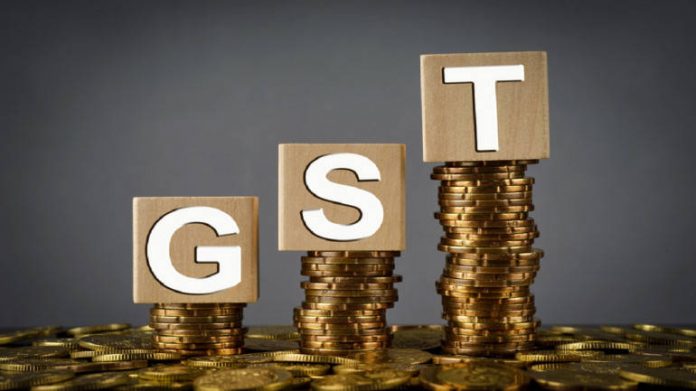One of the main objectives of GST was to subsume a plethora of indirect taxes. While we have compensation cess, talks of levying a sugar cess may go against the very essence of GST believes MS Mani, Partner, Deloitte India.
The objective of a sugar cess can be the centre’s way to help the distressed farmers. “A year ago we had 15 types of cesses that were abolished. Before GST we had cesses on sugar, rubber, power, coal and jute. One of the objectives of GST was to subsume all these cesses to make life easier for businesses owners,” says Mani.
Rewriting the script and going back to having a specific cess could mean a possible change in the basic architecture of the GST. “Cesses do not have any place in GSTR. The entire purpose of GST was to eliminate multiple taxes and cesses,” he says.
Mani suggests that instead of having a sugar cess separately the government can think of an agricultural cess which would ensure that a cess can be utilized on the particular sector that needs focus, which can change each year.
The government has been toying with the idea of imposing 5% sugar cess. Currently, the government levies GST Compensation cess to compensate States that may incur losses in the first five years of GST implementation.
Sugar cess is a part of the GST Council’s agenda, but gains significance after the Cabinet meeting on Wednesday approved financial assistance at the rate of Rs. 5.50 per quintal of cane crushed in sugar season 2017-18 to sugar mills to offset the cost of cane and in order to help sugar mills to clear cane dues of farmers.
Due to depressed market sentiments and crash in sugar prices, the liquidity position of sugar mills has been adversely affected, leading to accumulation of cane price dues of farmers which have reached topped over Rs.19,000 crore. India last had a Sugar cess under The Sugar Cess Act 1982, the Sugar Development Fund Act 1982, but was abolished in 2017.
Currently there are a few more cess, but they are either on Customs or goods outside GST.












